
The Curse of Dimensionality: De-identification Challenges in the Sharing of Highly Dimensional Datasets
The 2006 release by AOL of search queries linked to individual users and the re-identification of some of those users is one of the best known privacy disasters in internet history. Less well known is that AOL had released the data to meet intense demand from academic researchers who saw this valuable data set as essential […]

FPF Launches Major Initiative to Study Economic and Policy Implications of AgeTech
FPF and University of Arizona Eller College of Management Awarded Grant by Alfred P. Sloan Foundation to Address Privacy Implications, and Data Uses of Technologies Aimed at Aging At Home The Future of Privacy Forum (FPF) — a global non-profit focused on data protection, AI and emerging technologies–has been awarded a grant from the Alfred […]

FPF and OneTrust publish the Updated Guide on Conformity Assessments under the EU AI Act
The Future of Privacy Forum (FPF) and OneTrust have published an updated version of their Conformity Assessments under the EU AI Act: A Step-by-Step Guide, along with an accompanying Infographic. This updated Guide reflects the text of the EU Artificial Intelligence Act (EU AIA), adopted in 2024. Conformity Assessments (CAs) play a significant role in […]

South Korea’s New AI Framework Act: A Balancing Act Between Innovation and Regulation
On 21 January 2025, South Korea became the first jurisdiction in the Asia-Pacific (APAC) region to adopt comprehensive artificial intelligence (AI) legislation. Taking effect on 22 January 2026, the Framework Act on Artificial Intelligence Development and Establishment of a Foundation for Trustworthiness (AI Framework Act or simply, Act) introduces specific obligations for “high-impact” AI systems […]
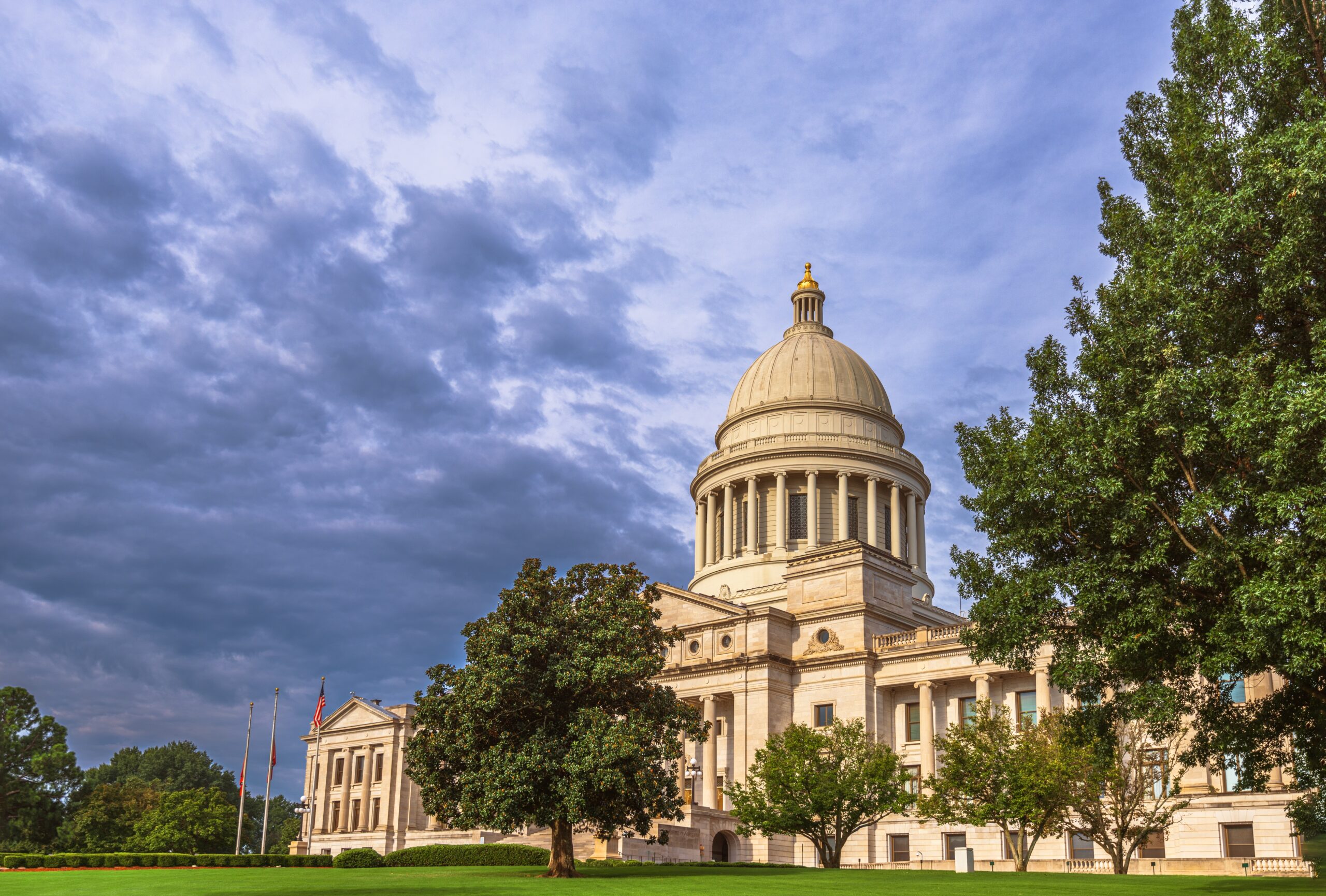
Little Rock, Minor Rights: Arkansas Leads with COPPA 2.0-Inspired Law
With thanks to Daniel Hales and Keir Lamont for their contributions. Shortly before the close of its 2025 session, the Arkansas legislature passed HB 1717, the Arkansas Children and Teens’ Online Privacy Protection Act, with unanimous votes. As the name suggests, Arkansas modeled this legislation after Senator Markey’s federal “COPPA 2.0” proposal, which passed the […]
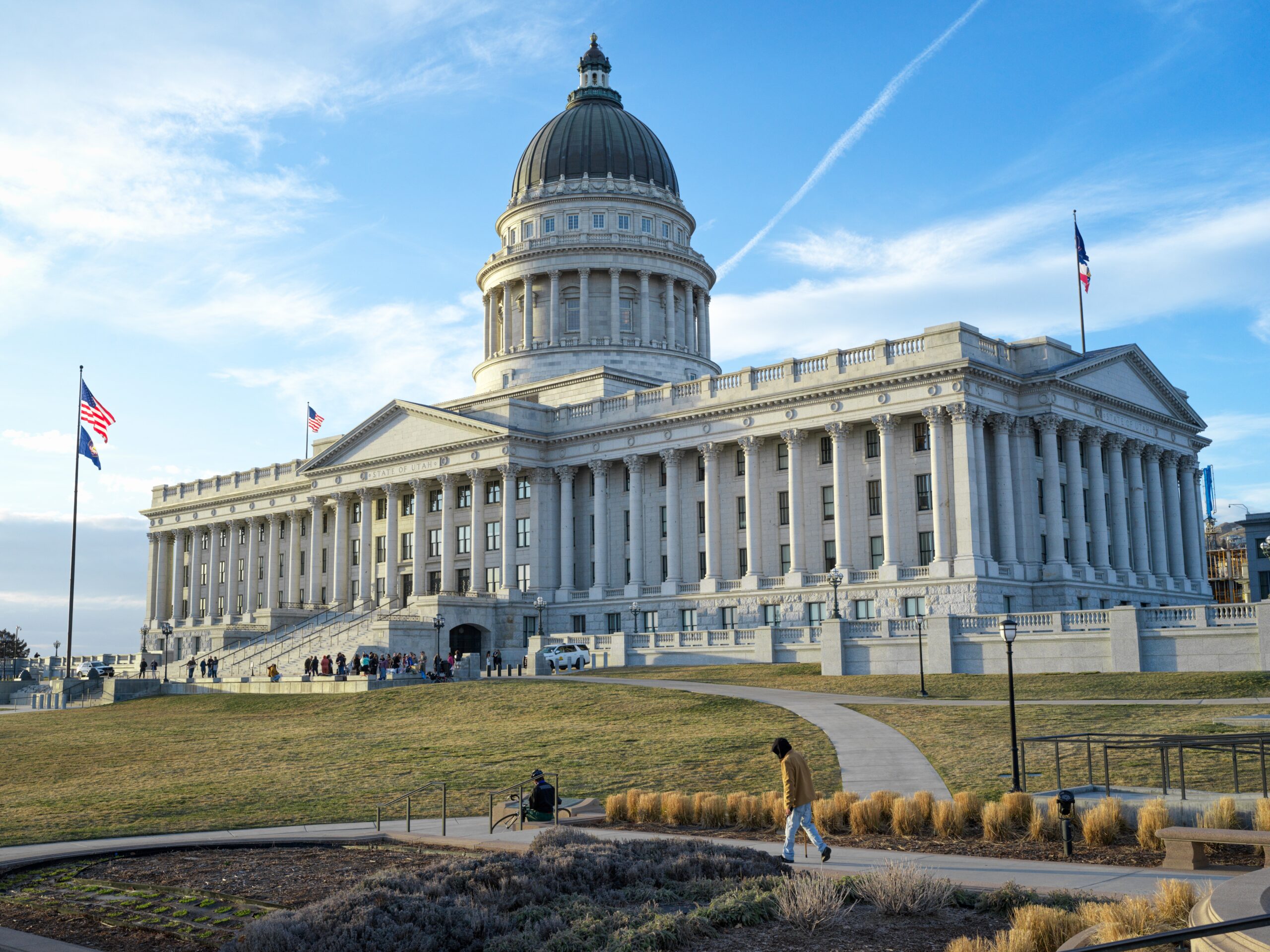
Chatbots in Check: Utah’s Latest AI Legislation
With the close of Utah’s short legislative session, the Beehive State is once again an early mover in U.S. tech policy. In March, Governor Cox signed several bills related to the governance of generative Artificial Intelligence systems into law. Among them, SB 332 and SB 226 amend Utah’s 2024 Artificial Intelligence Policy Act (AIPA) while […]

FPF Publishes Infographic, Readiness Checklist To Support Schools Responding to Deepfakes
Today, the Future of Privacy Forum (FPF) released an infographic and readiness checklist to help schools better understand and prepare for the risks posed by deepfakes. Deepfakes are realistic, synthetic media, including images, videos, audio, and text, created using a type of Artificial Intelligence (AI) called deep learning. By manipulating existing media, deepfakes can make […]
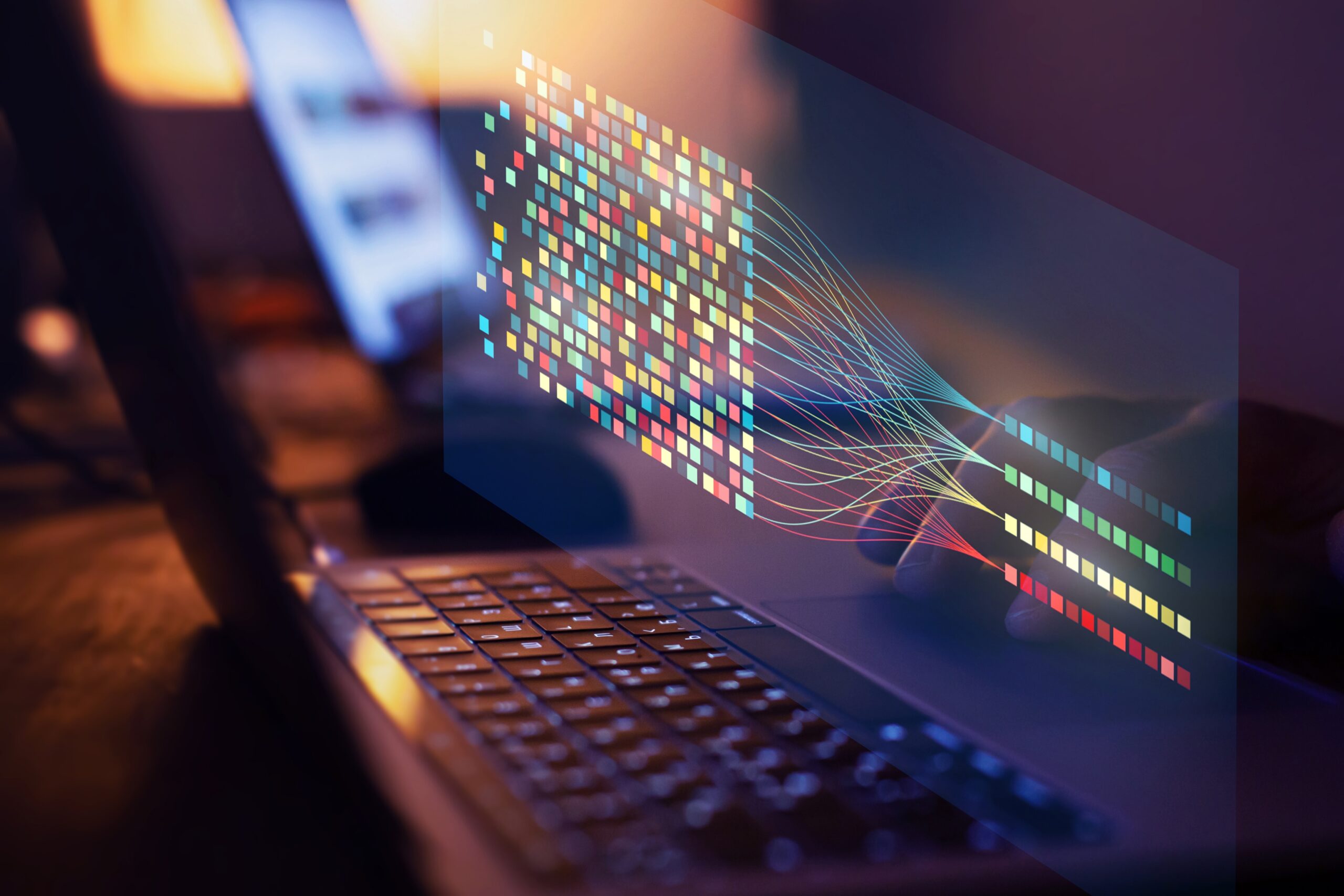
Data Sharing for Research Tracker
Co-authored by Hannah Babinski, former FPF Intern In celebration of International Open Data Day, FPF is proud to launch the Data Sharing For Research Tracker, a growing list of organizations that make data available for researchers. It provides information about the company, the data, any access restrictions, and relevant links: One of the most difficult, […]
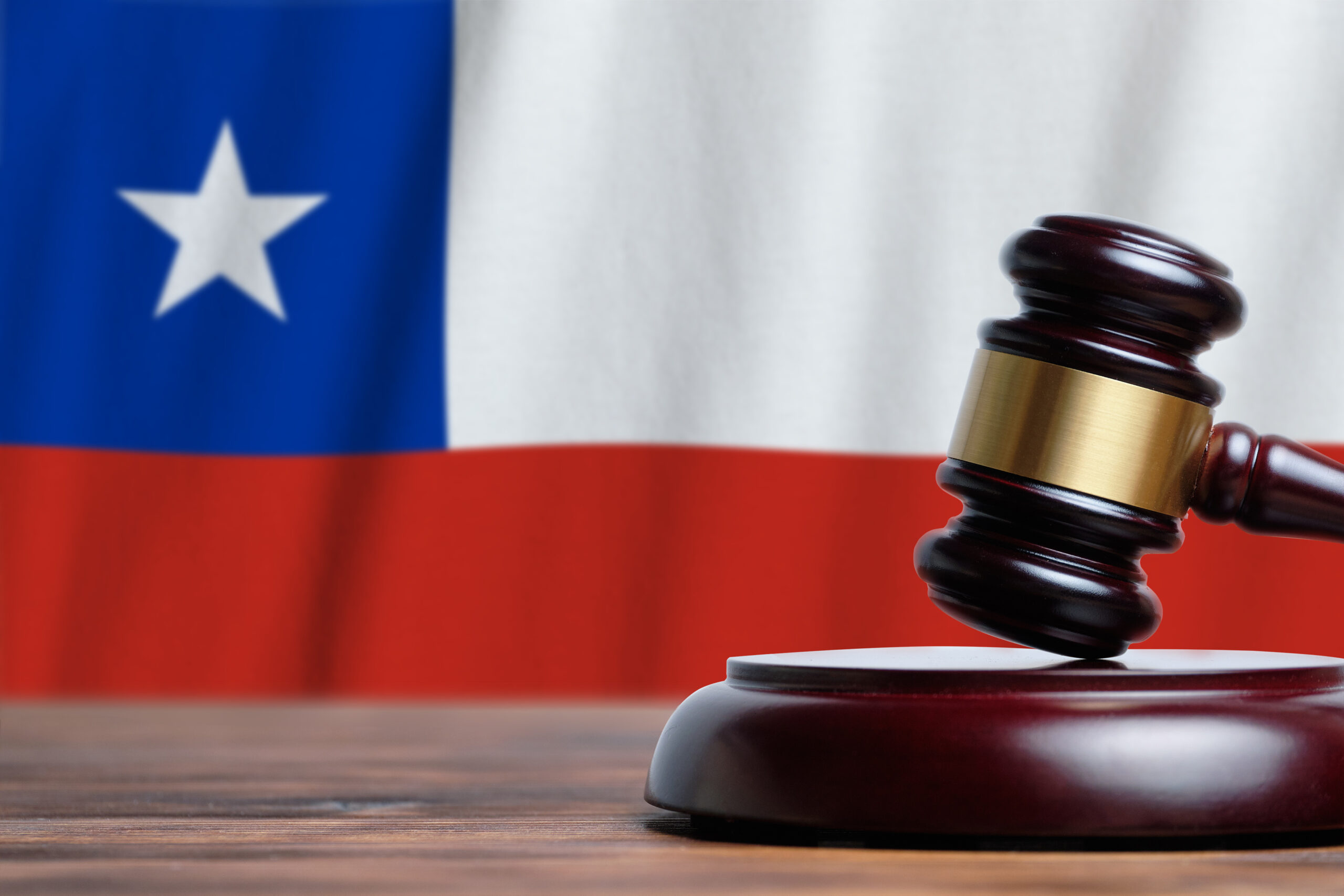
Chile’s New Data Protection Law: Context, Overview, and Key Takeaways
On August 26, 2024, the Chilean Congress approved Law 21.719, on the Protection of Personal Data (“LPPD”) after eight years of legislative debate. The legislation was published on December 13, 2024, and will become fully effective twenty-four months after that date (in December 2026). The LPPD was introduced in the Senate in 2017 to replace […]
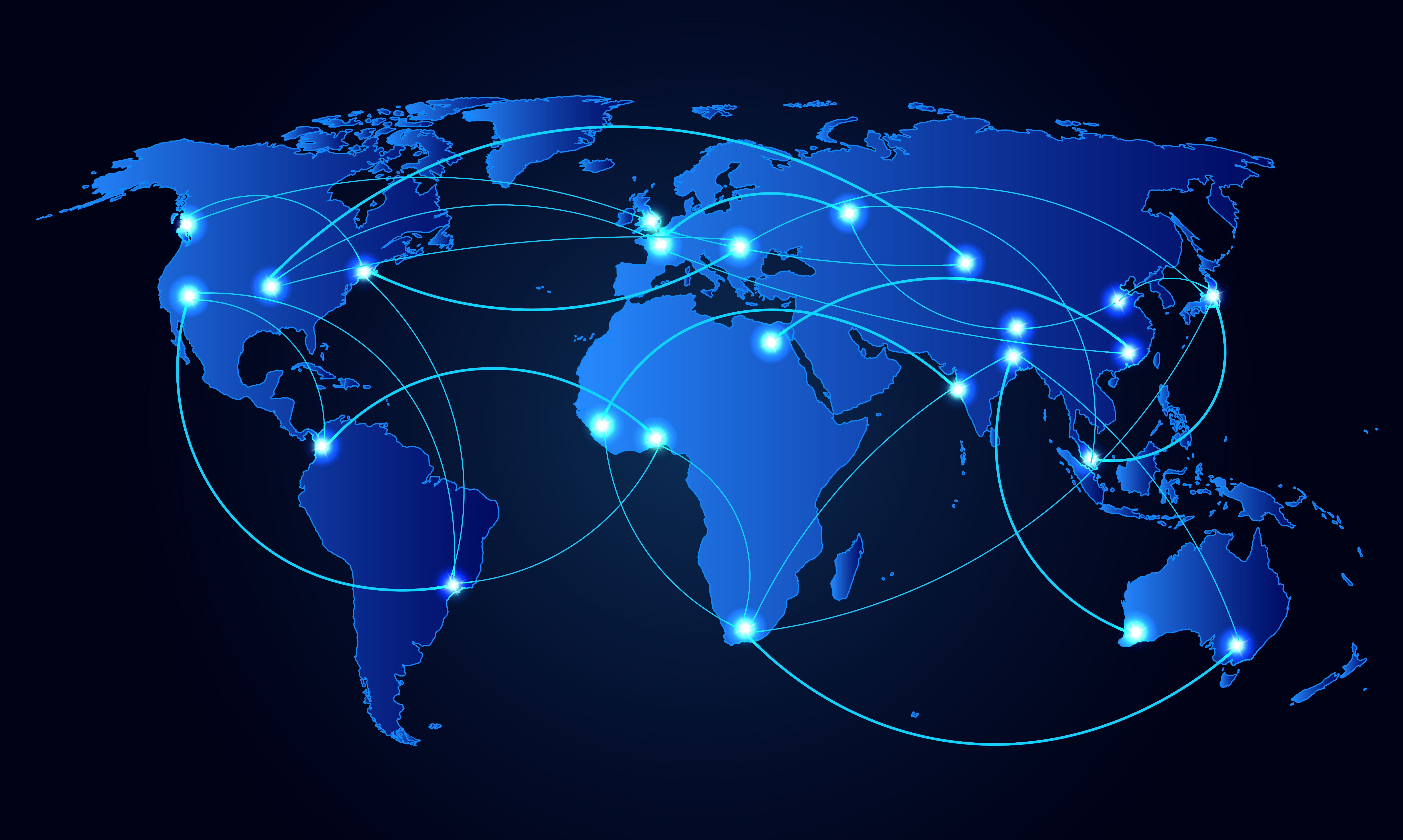
Geopolitical fragmentation, the AI race, and global data flows: the new reality
Most countries in the world have data protection or privacy laws and there is growing cross-border enforcement cooperation between data protection authorities, which might lead one to believe that the protection of global data flows and transfers is steadily advancing. However, instability and risks arising from wars, trade disputes, and the weakening of the rule […]
